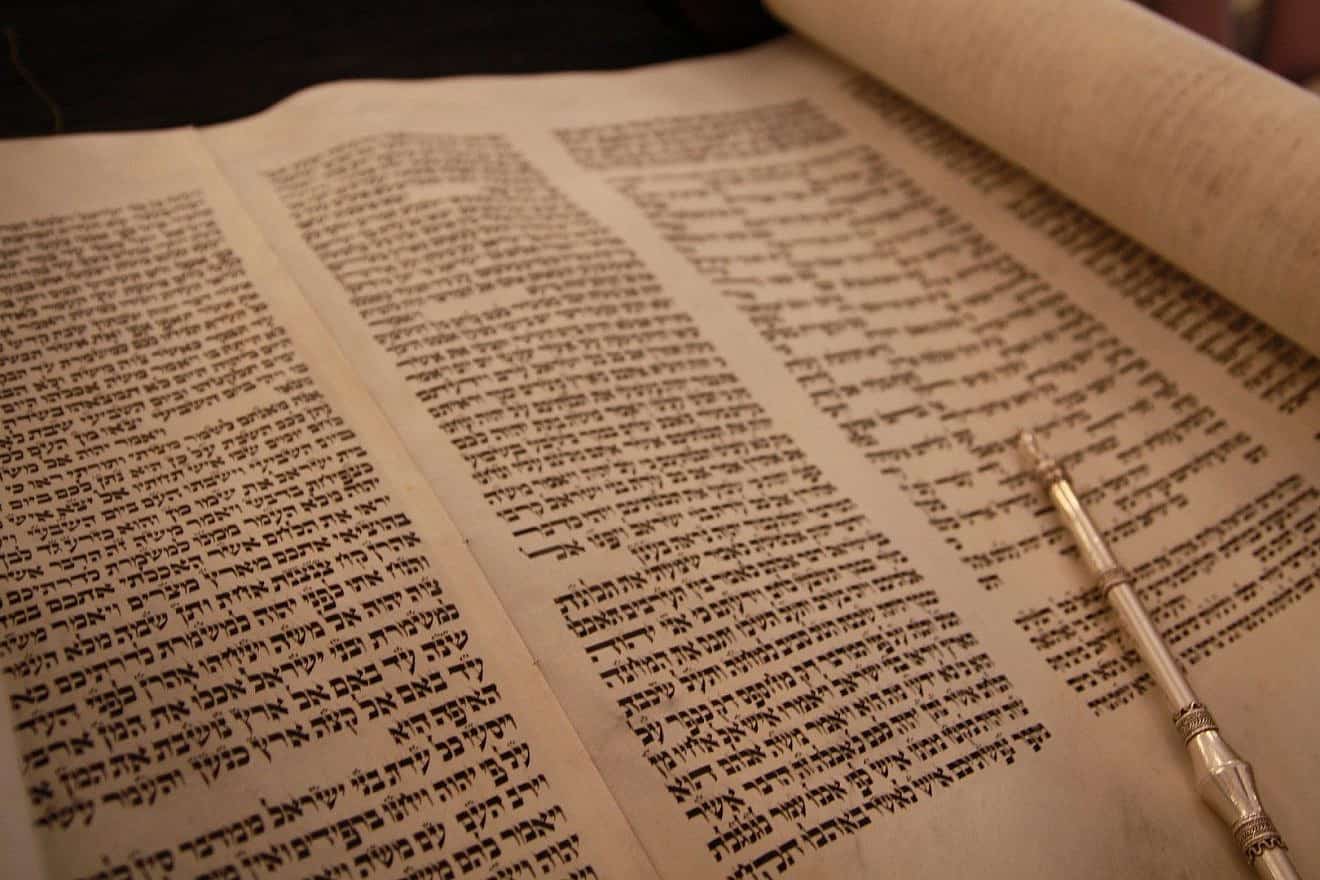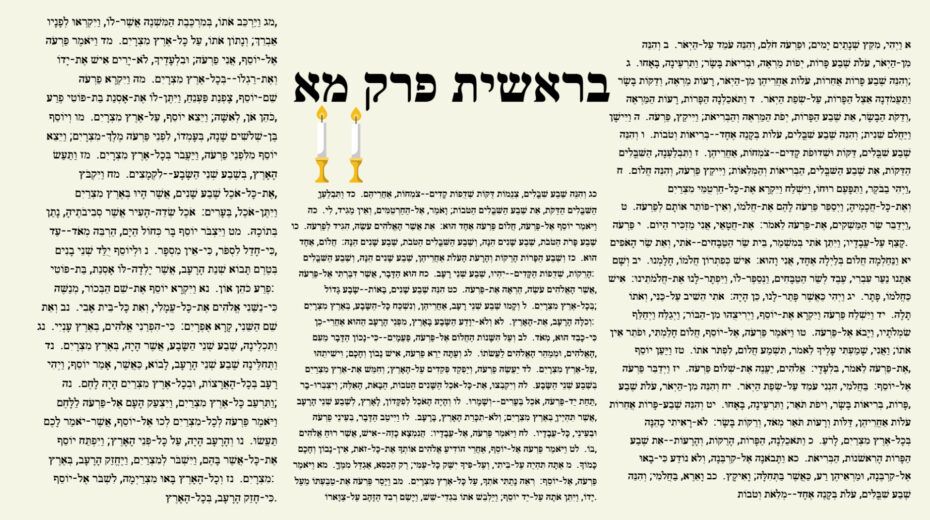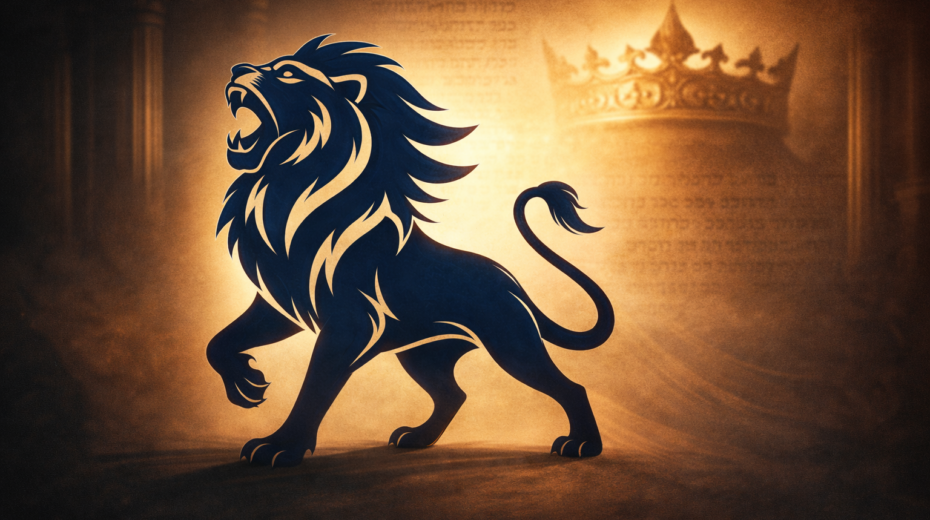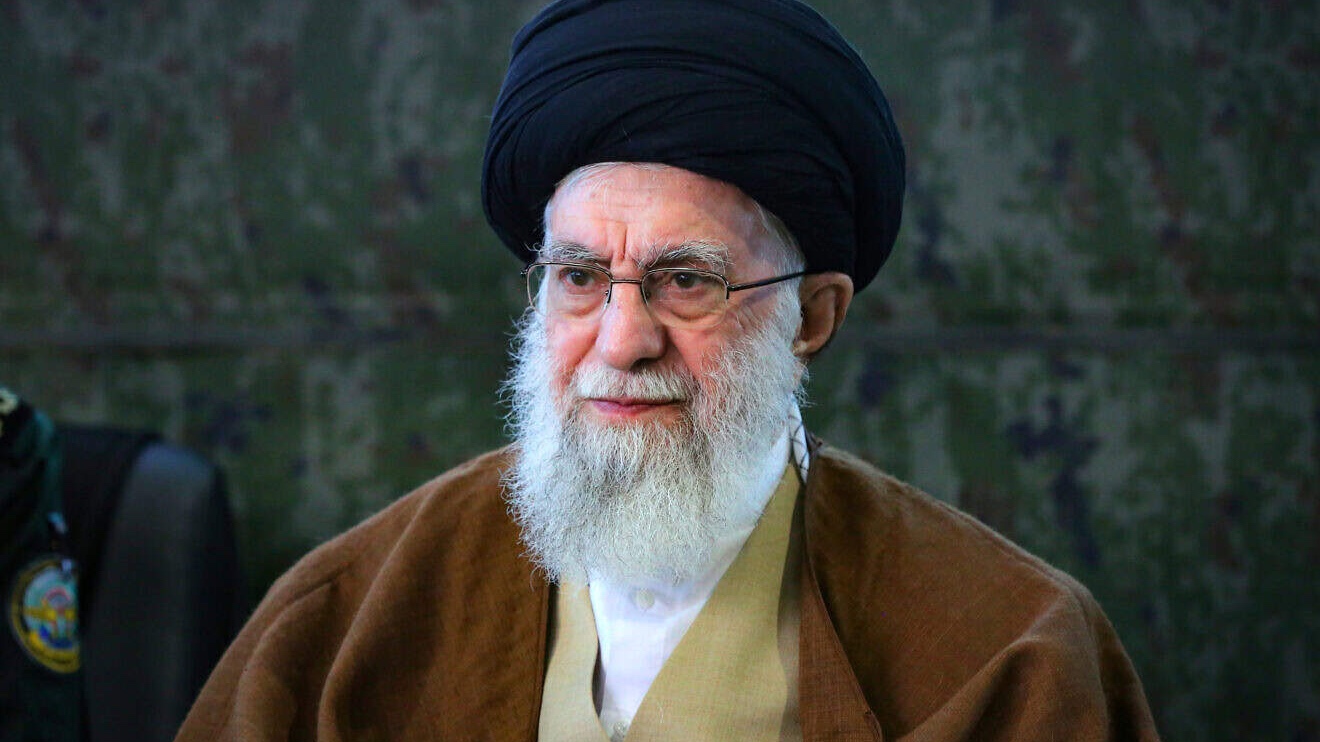On the road to Emmaus, Yeshua met with two of His disciples and, beginning at Moses and all the Prophets, He expounded to them in all the Scriptures the things concerning Himself. (Luke 24:27). For our Torah studies this year, therefore, week by week we will seek to discover how all of Torah prepared the way for the coming Messiah.
8th November 2025 (17 Cheshvan)
Vayera (And appeared): Genesis 18:1-22:24
All the covenant purposes of God, not only for Israel, but for the entire world, hung in the balance when Abraham raised his knife above his son of promise, bound onto the crude altar on Mount Moriah. The faith of Abraham was tested and was victorious. The victory that was later manifest in Yeshua was enabled, so that the victory of faith for all who would believe in Him would be the granting of eternal life. Such is the magnificence of what we read in our Bible study this week.
Abraham needed to grow in faith on his long journey through life. It was his willingness to learn such faith that commended him to God. There were failures along the way, but redeemed failures are learning points. Fear of Abimelech led him to hide the truth that Sarah was his wife, even when he had been promised so much by God. This is an indicator that he was then not yet ready to trust God in the most challenging matters of life and death, which were soon to be tested on Mount Moriah. Just like us, through many trials, we must be willing to learn on the journey of life. Abraham grew more strongly in faith, so that in his human weakness, he could stand strong in faith at the appointed time.
Abraham had been told that he was to be the father of many nations, so he cared enough to pray for the wicked people of Sodom and Gomorrah. He had enough faith to bargain with God but not enough understanding of sin and its consequences. Yet his intercessions did enable the escape of Lot and his family from the impending judgment. We learn much from this concerning our own prayers for the world today, as our Covenant Father continues, without compromise, to build up the family of Abraham. Just as at the time of the judgment of Sodom, God sees a darkness over the world that we do not.
The Prophet Isaiah spoke of such darkness covering the world, but that a great light would come to Israel:
Arise, shine;
For your light has come!
And the glory of the Lord is risen upon you.
For behold, the darkness shall cover the earth,
And deep darkness the people;
But the Lord will arise over you,
And His glory will be seen upon you.
The Gentiles shall come to your light,
And kings to the brightness of your rising. (Isaiah 60:1-3)
Searching the Scriptures reveals that Yeshua HaMashiach is that light, so clearly understood by His disciple John:
In Him (Yeshua) was life, and the life was the light of men. And the light shines in the darkness, and the darkness did not comprehend it. (John 1:4-5)
Yet Yeshua Himself warned that for those who do not believe, it will be worse for them than for Sodom. When He sent out 70 disciples to teach about His fulfilment of the Covenant purposes of God, He said:
Whatever city you enter, and they receive you, eat such things as are set before you. And heal the sick there, and say to them, ‘The kingdom of God has come near to you.’ But whatever city you enter, and they do not receive you, go out into its streets and say, ‘The very dust of your city which clings to us we wipe off against you. Nevertheless know this, that the kingdom of God has come near you.’ But I say to you that it will be more tolerable in that day for Sodom than for that city. (Luke 10:8-12)
When the light of the sun shines over the earth each day, we can easily forget the spiritual darkness in which all mankind can live. Our focus on the physical world alone can blind us from the darkness of sin that God sees more clearly. This leads to the same level of understanding that Abraham had and limits our clarity for intercessory prayer. Abraham needed to learn such lessons before the ultimate test of his faith, where his entire trust was put in God for not only his son but for the multitude that he was promised as his heirs, from all nations. This was a significant and unrepeatable moment of history.
But for our Bible record, this could have been lost in history. Indeed, did not people offer human sacrifice to their gods in Abraham’s day – what was unusual? Anyway, who witnessed this moment on Mount Moriah other than Abraham, his son and the invisible God?
When Abraham raised his knife, it was not a sacrifice in the manner of others. That was just the outward manifestation. The inward reality was that Abraham gave back his son to God, and God looked as much on his heart as he did on the raised knife. How measured Abraham had to be in his act of obedience. Any rash movement would have pre-empted God’s intervention:
And He said, “Do not lay your hand on the lad, or do anything to him; for now I know that you fear God, since you have not withheld your son, your only son, from Me.”
Then Abraham lifted his eyes and looked, and there behind him was a ram caught in a thicket by its horns. So Abraham went and took the ram, and offered it up for a burnt offering instead of his son. (Genesis 22:12-13)
All the symbolism is here for us to understand that in saving Isaac, through the substitute of a ram, God planned an even greater work for the salvation of all who would be heirs to the covenant promise given to Abraham. It is one of those points of Bible teaching where we understand the how much more of God. If Abraham would not spare his only son, how much more will God not spare His only Son?
Around 2000 years later, just as Abraham had gone to Mount Moriah with his son, where an altar of sacrifice was erected, so God the Father was with His Son Yeshua. He was taken as sacrifice for the sins of all who would come by faith and join the family of Abraham and Isaac. The Gospel accounts help us to understand, through prayerful study, that Yeshua was in the place of Isaac as a sacrifice. He is the fulfilment of the ram in the thicket, which Abraham used as a substitute for Isaac.
We must not simply leave this as a logical exercise for comparison across the Scriptures. Isaac was allowed to live and bear children who, generation by generation, built up the physical family of Abraham. Not only did they live on this earth, but all the pain that their sins would bring to God was also released over many generations. We must not forget the judgement of Sodom as we appraise the depth of painful sacrifice that was put on Yeshua’s shoulders.
He warned that in every generation, especially concerning the time of His return:
… as it was in the days of Noah, so it will be also in the days of the Son of Man: They ate, they drank, they married wives, they were given in marriage, until the day that Noah entered the ark, and the flood came and destroyed them all. Likewise as it was also in the days of Lot: They ate, they drank, they bought, they sold, they planted, they built; but on the day that Lot went out of Sodom it rained fire and brimstone from heaven and destroyed them all. Even so will it be in the day when the Son of Man is revealed. (Luke 17:26-30)
Even Jerusalem, without faith, can be likened to Sodom. Speaking of the death of two witnesses in Jerusalem in the end times, the Apostle John wrote prophetically:
And their dead bodies will lie in the street of the great city which spiritually is called Sodom and Egypt, where also our Lord was crucified. (Revelation 11:8)
Ezekiel too (Chapter 16) did not compromise his prophetic word at a time when Jerusalem was likened to Sodom.
Just as God did not compromise with the sins of Sodom, so He will not compromise with the sins of even of the physical descendants of Abraham, Isaac and Jacob, who were given life when the ram in the thicket was substituted for Isaac. Yet deep in the heart of God is forgiveness for all who can live by faith. It was an immense moment of history when Isaac was spared. It was infinitely more immense when God did not spare His own Son, in prophetic fulfilment on Mount Moriah. The faith of Abraham is now to be through belief that Yeshua has saved us from our sins, and from the spiritual darkness of this world, for all eternity.














